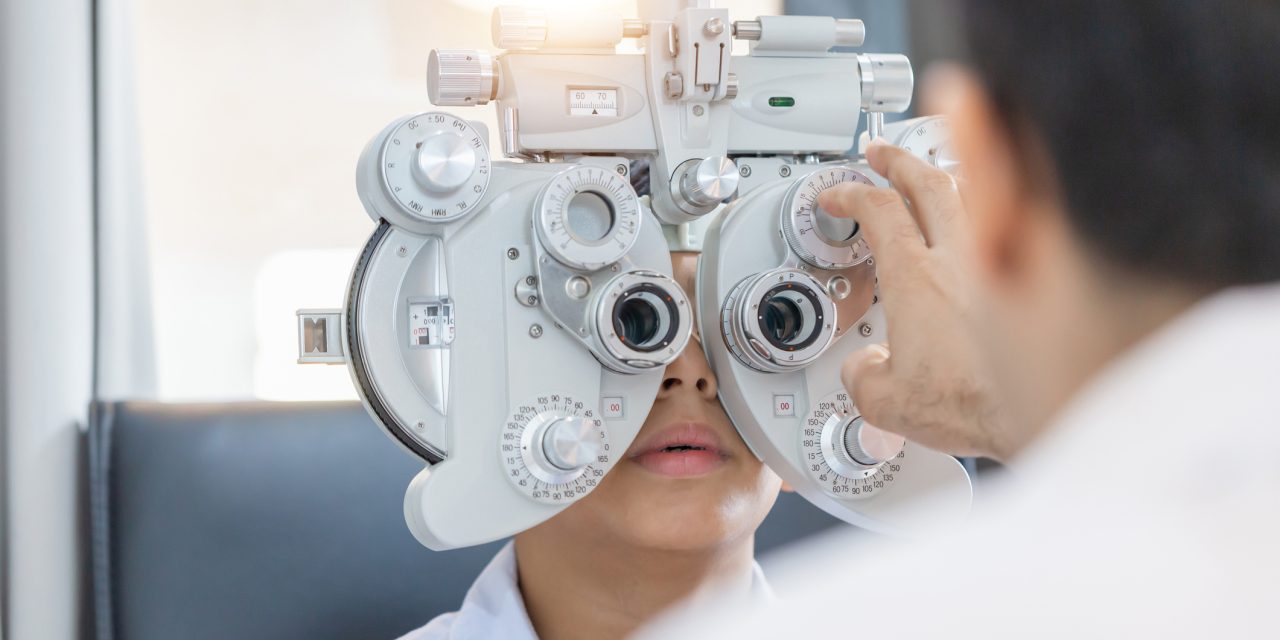Diabetic retinopathy is one of the leading causes of visual impairment after cataract and uncorrected refractive error. It has major public health implications globally, especially in countries such as India where the prevalence of diabetes is high. With timely screening and intervention, the disease progression to blindness can be prevented, but several barriers exist. As compliance to diabetic retinopathy screening in people with diabetes is very poor in India, this study was conducted to explore understanding of and barriers to diabetic retinopathy screening from the perspectives of patients and healthcare providers.
Using qualitative methods, 15 consenting adult patients with diabetes were selected purposively from those attending a large tertiary care private eye hospital in southern India. Eight semistructured interviews were carried out with healthcare providers working in large private hospitals. All interviews were audiotaped, transcribed verbatim and analysed using the framework analytical approach.
Four themes that best explained the data were recognising and living with diabetes, care-seeking practices, awareness about diabetic retinopathy and barriers to diabetic retinopathy screening. Findings showed that patients were aware of diabetes but understanding of diabetic retinopathy and its complications was poor. Absence of symptoms, difficulties in doctor-patient interactions and tedious nature of follow-up care were some major deterrents to care seeking reported by patients. Difficulties in communicating information about diabetic retinopathy to less literate patients, heavy work pressure and silent progression of the disease were major barriers to patients coming for follow-up care as reported by healthcare providers.
Enhancing patient understanding through friendly doctor-patient interactions will promote trust in the doctor. The use of an integrated treatment approach including education by counsellors, setting up of patient support groups, telescreening approaches and use of conversation maps may prove more effective in the long run.
© Author(s) (or their employer(s)) 2020. Re-use permitted under CC BY-NC. No commercial re-use. See rights and permissions. Published by BMJ.
Patient and provider perspectives on barriers to screening for diabetic retinopathy: an exploratory study from southern India.


